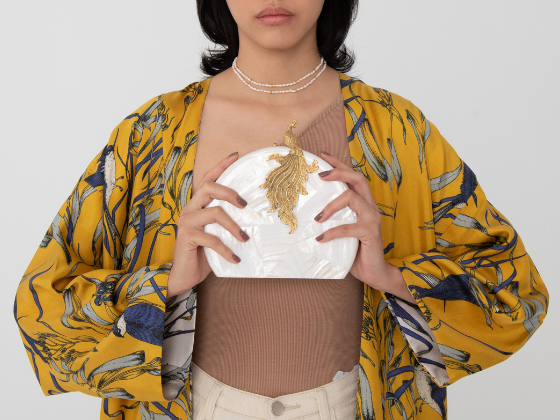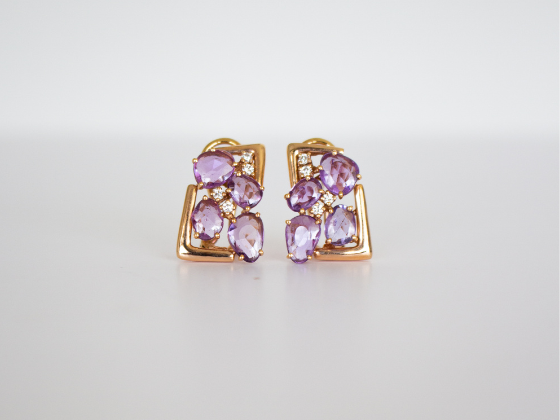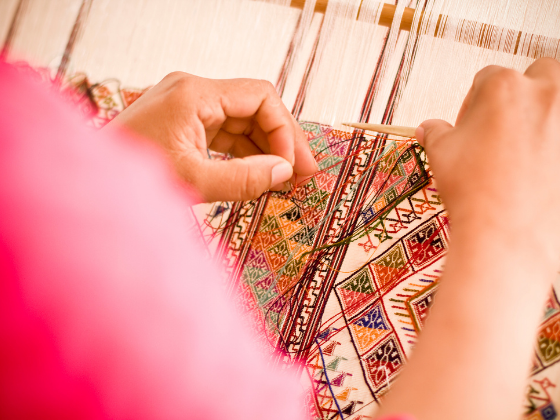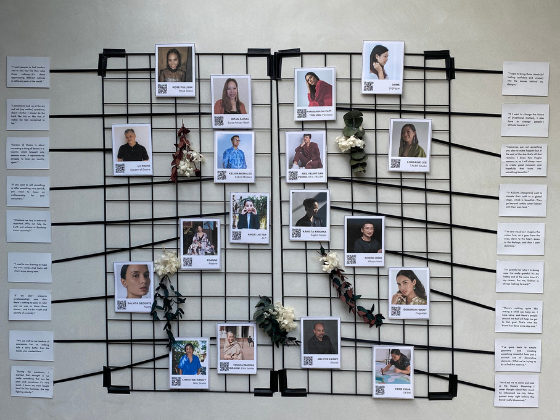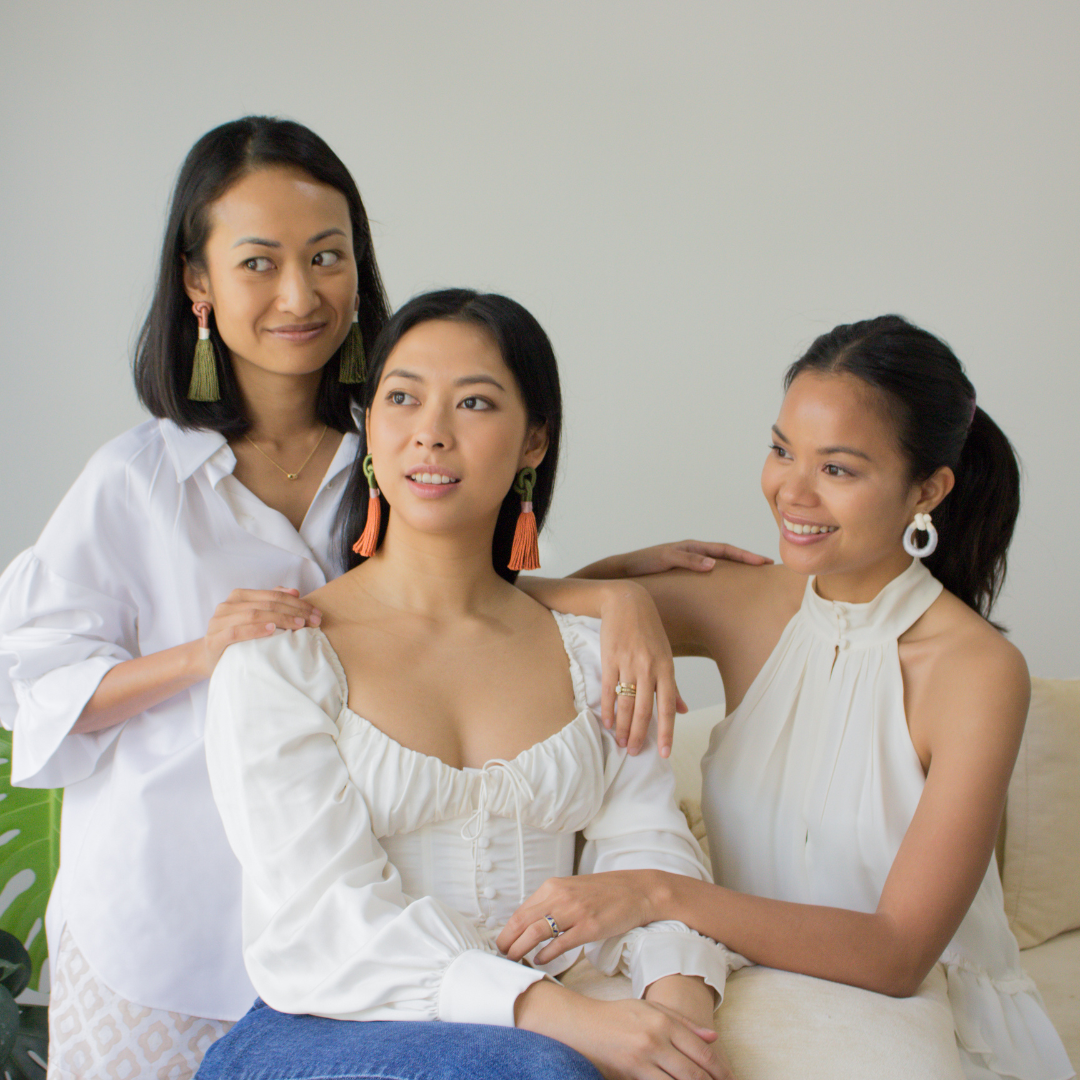By Ng Su Fey on February 11th, 2021
When I was in primary school, I learned that Chinese New Year was a time of fortune, which I thought about in terms of ang paos, or red envelopes of money. To receive “fortune” meant collecting as many ang paos as I could, while my parents would share fortune by handing out ang paos to other children.
As I grew older, I realized that fortune isn’t limited to wealth but comes in many subtler forms, such as the small joy of being able to enjoy my grandmother’s luo han zhai, a delicious vegetarian dish, often called “Buddha’s Delight.” My grandmother rarely cooks now as she has knee issues and can’t stand for long periods of time. Preparing luo han zhai during Chinese New Year is her way of sharing fortune.
‘I put in extra mushrooms just for you,’ my grandmother would say to me with a smile. ‘Have as many as you like.’
And so at breakfast during the first day of Chinese New Year, I’d fill my plate with cellophane noodles and hoard mushrooms as if they were nuggets of gold, all the while ignoring my father’s nagging that picking food is rude. For some, the act of purifying the body and soul by eating a plant-based meal heralds a fresh start. For me, my grandmother’s luo han zhai was a tasty way to get my greens, and a gesture of love that began my favorite holiday.
Fortune goes beyond money, good luck, and success, and can be found in even the simplest acts. I have fond memories of open houses — a Malaysian custom of throwing massive parties for all your friends and family to celebrate whichever festival it is together — when people greet each other cheerily regardless of whether they know each other or not. The more I reflect on my Chinese New Year memories, the more I notice how much the practice of sharing fortune is woven through them, no matter how big or small.
In fact, sharing fortune is so prevalent during Chinese New Year that until recently, it was something I took for granted. I didn’t visit every open house as the most thankful guest, because young me was more focused on things children care about, like whether there would be ais kacang, or a lion dance, and after I conquered my fear of the lions, if the lion dance would include a “Big Head Buddha” character and where in the house I would hide if so.
But interestingly enough, it is the Chinese New Year memories of my childhood years that are most precious to me. Although I was barely aware of the cultural, familial, and emotional significance of the festive season, it felt like such a special time.
This year more than ever, I’m missing the anticipation of Chinese New Year’s arrival. A lot of celebrations won’t be taking place as they did in the past, and I find myself doing small things in an attempt to make it feel like it’s almost that time of the year. Buying a cheongsam to wear at home, ordering cookies that I know will mostly end up in my stomach since my family doesn’t have a sweet tooth, spring cleaning my room. Writing this piece has been a stroll down memory lane that has definitely made me nostalgic for another time. It’s been a reminder that perhaps the most important fortune of all is simply being able to share your own, in whatever form that fortune may take.
ABOUT THE AUTHOR
Su Fey is Dia’s intern from Malaysia. She is currently on a gap year and has volunteered with local welfare and environmental organizations. Her interests include sustainable development, literature, and film photography. Su Fey is planning to pursue a degree in engineering and will begin her undergraduate studies this fall.


